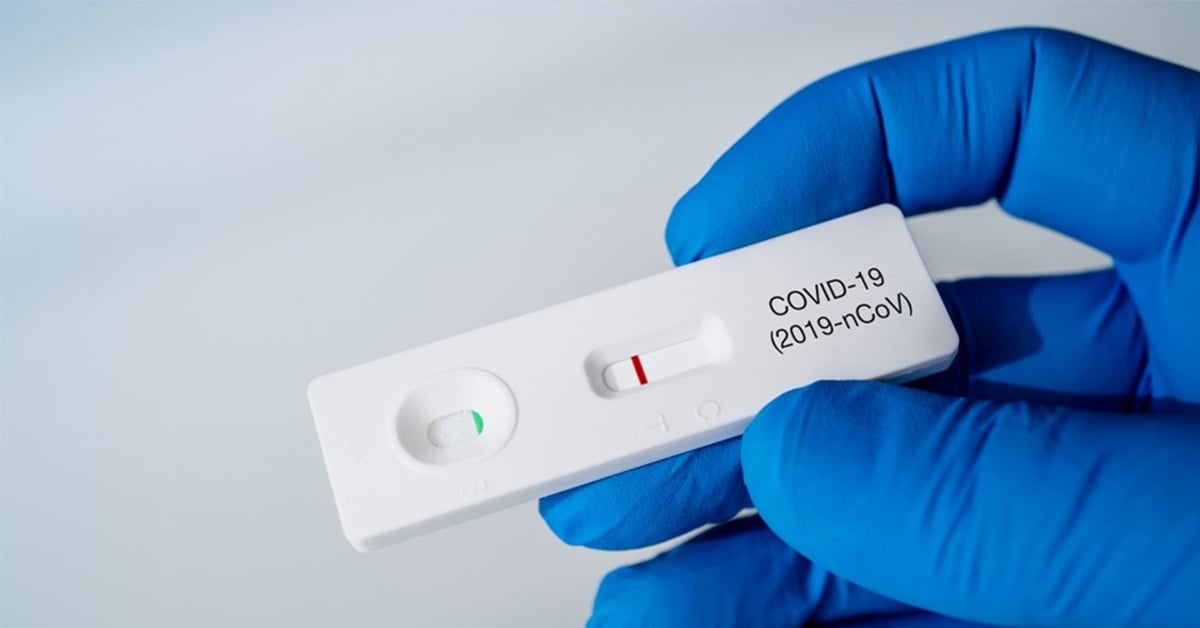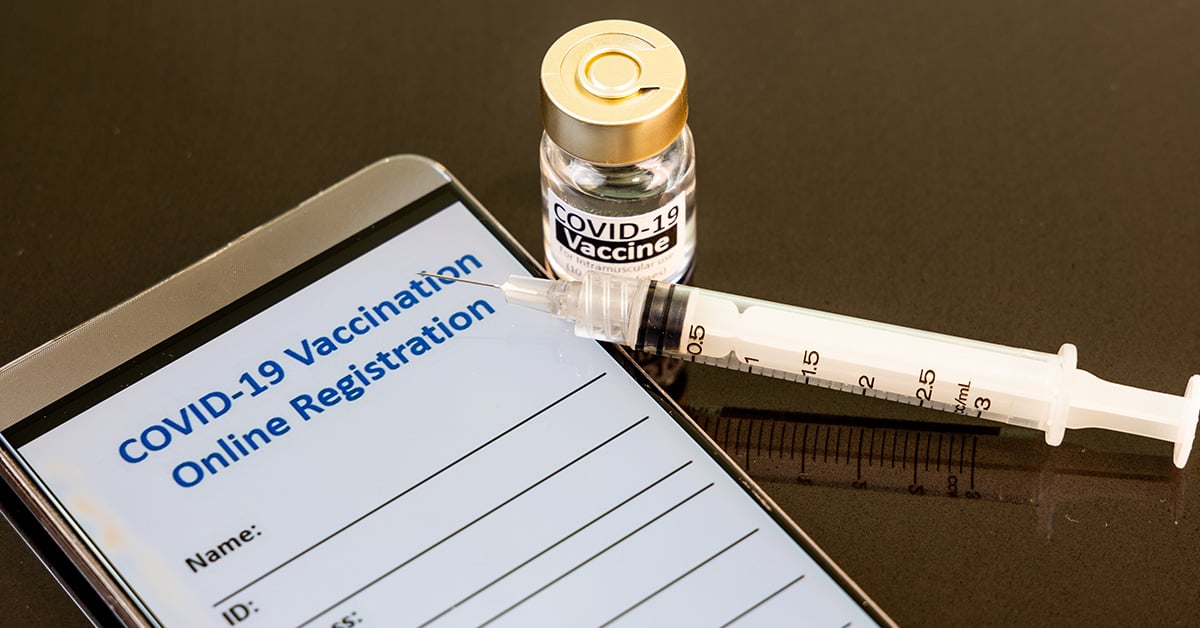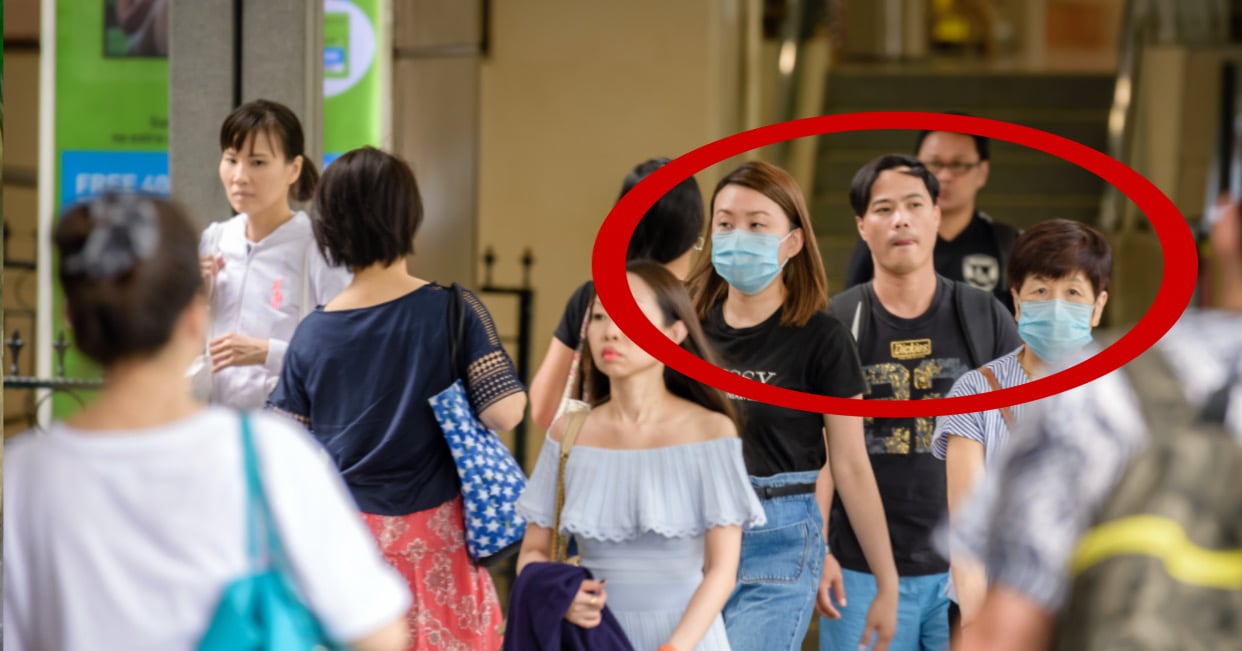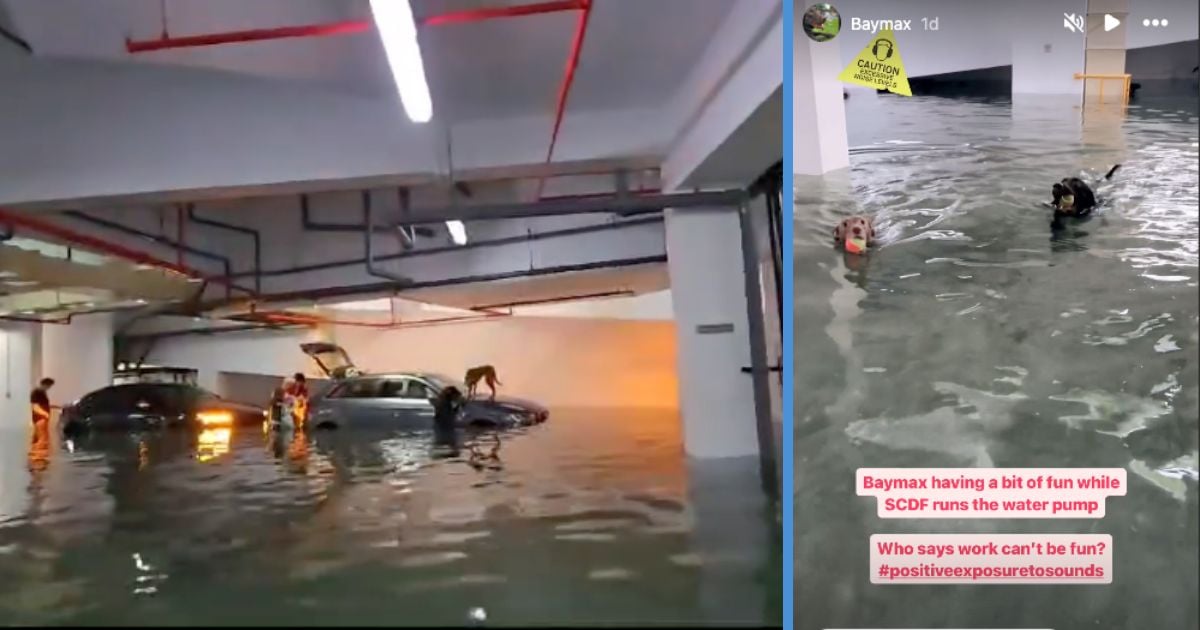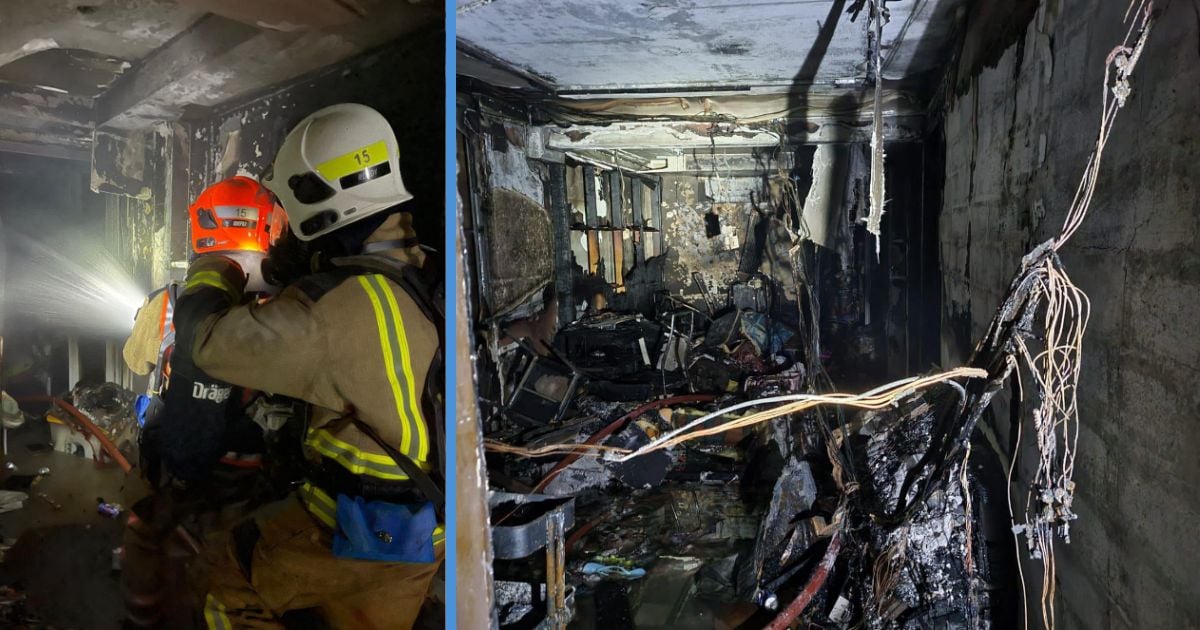We’ve done it again: we’ve broken another record.
Reader Bao: Wow! This means it is time to celebrate!
We broke our own record of the highest number of daily COVID-19 cases, Reader Bao. Not the most ideal cause for celebration.
However, healthcare workers may be slightly cheered up, as MOH is introducing new measures to help ease the strain on healthcare. Here are all the details.
26,032 New COVID-19 Infections
On 22 February, the Ministry of Health (MOH) announced 26,032 new COVID-19 infections. This is the highest number of daily cases we’ve had so far.
MOH said that it may take a few more weeks before the transmission wave peaks and subsides. They added that many patients coming forward to hospitals and clinics have no to mild symptoms.
Most of these patients only seek a medical certificate or a professional antigen rapid test (ART) to be documented in MOH’s records. This had thus added on to the workload of our healthcare providers, who are already under lots of pressure.
Extended Hours for PHPCs, Telemedicine Consultations at Combined Test Centres
To ease the pressure from our healthcare providers, MOH introduced several new measures.
Firstly, selected Public Health Preparedness Clinics (PHPCs) will have longer opening hours. From 25 February to 10 March, these clinics will open up to 11pm on weekdays, between 2pm to 5pm on weekend afternoons, and up to 11pm on weekend nights,
Selected polyclinics will also be open on Saturday afternoons and Sunday mornings.
You can visit this link for a full list of these clinics.
Additionally, from 16 February, combined test centres will start providing telemedicine consultations for people displaying symptoms, when they go for testing during the weekends.
This means that doctors will provide face-to-face video consultations, and medication will be prescribed and delivered. The Government will fund these tests and consultations.
If you’d like to book an Acute Respiratory Infection (ARI) testing and telemedicine consultation, you can visit this link.
Alternatively, if you do not need to go for testing but want to see a doctor virtually, you can opt to consult a doctor through a MOH-approved telemedicine provider. Visit this link to find out more.
Increase in Demand for Hospital Beds
There’s been an increase in demand for hospital beds.
But before you start panicking, these beds are mostly for patients recovering from underlying chronic illnesses. The number of COVID-19 patients needing intensive care or oxygen supplementation still remains low.
MOH has been doing its utmost to support healthcare providers, like ramping up capacity in hospitals. They’ve also been spreading the patient load to private hospitals and allowing residents in nursing homes to recover there.
Additionally, healthcare manpower has been supplemented with volunteer SG Healthcare Corps and medics from the Singapore Armed Forces. Health protocols have also been adjusted to allow more people to recover at home.
Join our Telegram channel for more entertaining and informative articles at https://t.me/goodyfeedsg or download the Goody Feed app here: https://goodyfeed.com/app/
Less Important to Officially Record Your COVID-19 Status
Although the infections of those who are recovering at home aren’t documented in MOH’s official records, it may no longer be so important for your positive status to be recorded.
Scheduled routine testing will be decreased for most industries, and PCR tests for travellers will also follow the same trend.
Additionally, MOH has been encouraged employers not to insist on medical certificates or infections recorded in MOH’s system as proof of employees’ COVID-19 infection. They should instead submit a photograph of their ART result, or a video of them taking the ART.
Read Also:
- Xiang Yun Made Police Report After Her Images Were Photoshopped to Promote Health Products
- Everything About Pig-Butchering Scams, a Scam Variant That’s in S’pore Now
- 13 People in S’pore Arrested for OCBC Phishing Scam; All Are Below 22 Years Old
- 95YO Queen Elizabeth Tested Positive for COVID-19 But Only Experienced Mild Symptoms
Featured Image: Shutterstock / ffikretow

